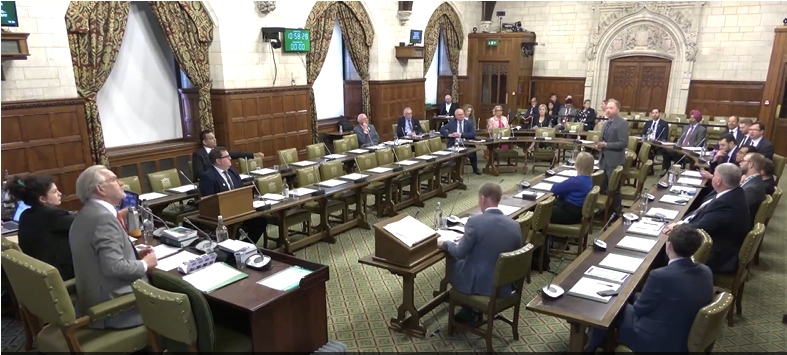
Across political parties, MPs have called for a National Strategy for Public Libraries to unlock the full potential of library services across England following a recent Westminster Hall debate, tabled by Jonathan Davies MP.
Public libraries are vital civic infrastructure, but for over a decade they have been undermined by sustained cuts, closures and a lack of strategic direction.
We are backing this call at CILIP along with Libraries Connected and ASCEL (the Association of Senior Children's and Education Librarians), who represent the public library workforce, heads of service, and children and young people's library
service leaders.
Modern public library services, encompassing books and much more, are uniquely placed to support some of the country's most urgent policy priorities – including economic growth, digital inclusion, early years development, public health,
and community resilience – but their ability to deliver is being hampered by years of under-investment and fragmented national infrastructure.
"Public libraries are one of our country's most trusted and transformative services. They foster curiosity and provide knowledge, but also connect communities, unlock opportunity, and boost our economy — often quietly, and always with
deep impact. They are already contributing so much to this government's missions, but that contribution is not fully understood or acknowledged. I called this debate to make the case for a national data hub to help us understand
the enormous contributions that libraries make, and for a joined-up, long-term strategy that gives public libraries the recognition and investment they deserve."
— Jonathan Davies MP
England's public libraries contribute at least £3.4 billion in value to the
economy each year (University of East Anglia), while also supporting digital access, early literacy, jobseekers, health literacy, and more.
However, data shows:
- Public library funding has fallen 53% since 2010
- There has been a net loss of 276 libraries since 2016, at a rate of about 40 a year
- Poorer areas are four times more likely to lose a library, where libraries are often the last remaining free and trusted local service anybody can just walk into
- Over 2,200 professional library jobs have been lost
The sector is now united in calling on government for a cross-departmental national strategy that outlines a clear vision for libraries, provides a sustainable funding model, and enables collaboration across government departments, communities,
and different types of library service. It looks forward to working with Baroness Twycross, the new Lords Minister responsible for public libraries.
"Today's public library services underpin strong communities by empowering people to thrive in the face of some the country's biggest challenges – from low literacy rates and disinformation, to sluggish economic growth and poor mental
health. But their potential is being systematically undermined by the lack of joined-up national leadership and proper investment. We welcome this debate and look forward to continuing to work with the sector, partners and government
to deliver meaningful action to protect and strengthen one of the UK's most valuable and treasured public services."
— Louis Coiffait-Gunn, CILIP CEO
The proposed national strategy should include:
- Sustained investment in digital infrastructure and skills with DSIT
- Expansion of early literacy and education programmes with DfE
- Support for library-based business and innovation hubs with DBT
- Formal partnerships between the NHS and public health services with DHSC
- Funding to enable cross-sector collaboration between different types of libraries
- A sustainable, place-based investment model
- Stronger ministerial leadership and cross-government coordination
- Clearer accountability for government's statutory superintendence and improvement duties
- Public consultation to shape the future of public library services



